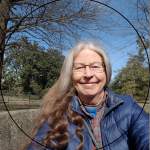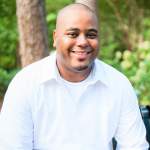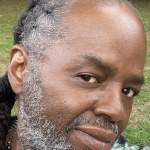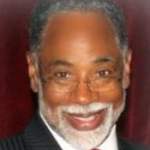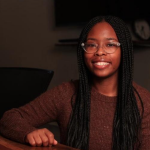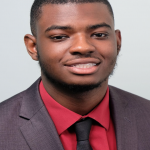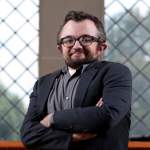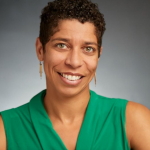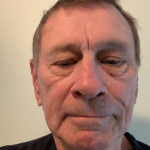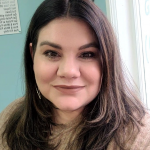Phyllis Aluko, Esq.
Phyllis Aluko is our Shelby County Public Defender. in that capacity, she leads the largest public defender's office in Tennessee and one of the oldest in the nation. Beginning in 2015 and apart from her professional duties, Phyllis Aluko led our community's efforts to commemorate the victims of the 1866 Memphis Massacre with a historical marker. Working with the support of the Memphis Branch of the NAACP and the National Park Service, she became part of a collective effort to increase our community's awareness of the massacre. In 2017, Ms. Aluko represented the Memphis NAACP in its collaboration with the Lynching Sites Project of Memphis to create the Ell Persons historical marker.
Ms. Aluko received a Juris Doctor degree from the University of Pittsburgh School of Law in Pittsburgh, PA and a Bachelor of Arts in English from the University of Pennsylvania in Philadelphia, PA. She is admitted to practice law in Tennessee and Pennsylvania.


